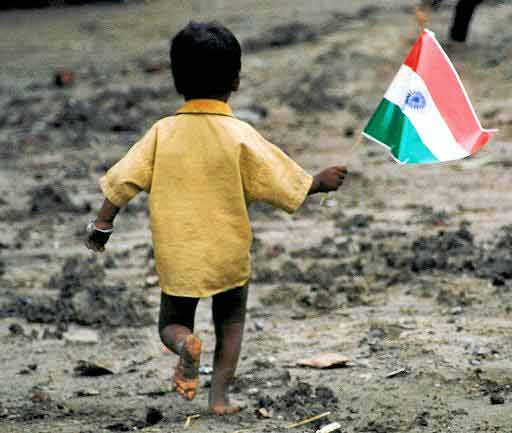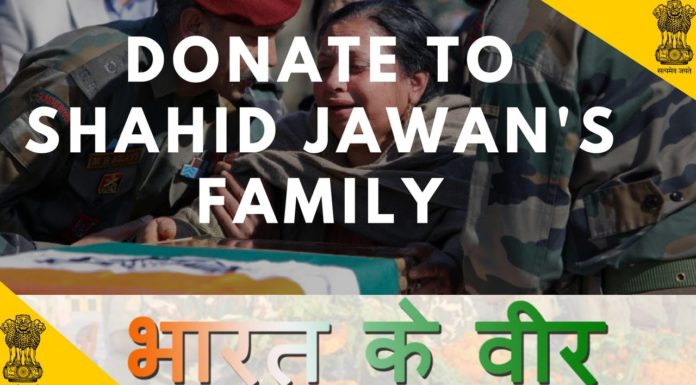It is easy to call India a ‘young’ nation. 65% of our population is under the age of 35, a greater proportion than any other major country in the world. That’s more than China or the USA and much more than Japan or Germany. In fact, our youth population is more than the entire population of all these countries, barring China.
Yet, when you look at the policies and politics of India, it would appear that we are a country ruled by the geriatric class. Politicians are considered ‘young and dynamic’ well into their sixties, divisions on caste lines are constantly re-inforced and a tacit approval for bigotry and misogyny is rooted in ancient, patriarchal attitudes which do not reflect the ethos of young India.

It has perhaps become difficult for our parents’ generation to grasp that for a young India, weaned on cable TV and nourished by the World Wide Web, there is more in common, a greater affinity, for their counterparts in New York and Los Angeles than for a heritage that stems from an ancestral house in Bhagwara or Solapur. And this lack of cultural harmony leads to clashes. It is why, in the twenty-first century, marrying the man or woman you love can get you killed, or your family members massacred, a headline that should have no place in a modern country. It’s also why every rape is followed by voices casting aspersions on the young woman involved, about her clothing, dietary and lifestyle choices, not realising that to the young Indian of today, freedom is not about standing under a flag and shouting slogans, but about being able to live his or her life in whatever way he or she wishes.
Maybe it is this concept of freedom that disturbs the older generation. Having exchanged one set of masters (colonial) for another (patriarchal), or perhaps never having changed them at all, they feel threatened by the young Indian’s penchant for challenging boundaries and defying traditions.
This sense of threat leads them to close ranks, to consolidate their power, financial and political – and religious – and unify behind a veil of ‘tradition’ and ‘morality’ and impose their will upon the younger generations, in an attempt to brainwash us into following the rules set by them.
In a way, large sections of Indian youth are complicit in their own neglect. Many are either excessively submissive to regressive traditions and religious dogma, and in becoming so, are a part of the problem, enemies to our own cause.
At the other end of the spectrum, many adopt Western consumerism and decadence, rather than the ideals of freedom and hard work, and make it easy for us to be characterised as immoral or lazy.
Today, rhetoric is overpowering issues. Protecting the cow, forced chanting of slogans, erasing freedom-fighters from our history because they were associated with the ‘wrong’ political party, and renaming of roads has become more important than protecting the people, freedom of speech, punishing criminals who happen to belong to the ‘right’ social organisation and actually building roads.
In the midst of all this, the future of India’s young is being jettisoned to the emotions and hunger for power of India’s old.
For every time a young rape survivor is shamed for what she wore or where she was, India is attacking its own young.
Every time a young student is coerced into opting for science or commerce rather than pursuing his or her artistic dreams, India is cutting away the wings of its own young.
Every time a young man or woman is told that he needs to look at caste when choosing a spouse, India is shackling the hearts of its own young.
And of course, every time a young Indian is told that what he eats or what she wears is a determinant in whether he or she loves his country or not, India is just making a joke of itself.
So cry, my beloved country, over the corpses of your youth, as you trample over their dreams and aspirations in search of a golden past that never existed and to prove the strength of your patriarchal, caste-ist traditions. You have nothing to lose but those you never cared about anyway.






























